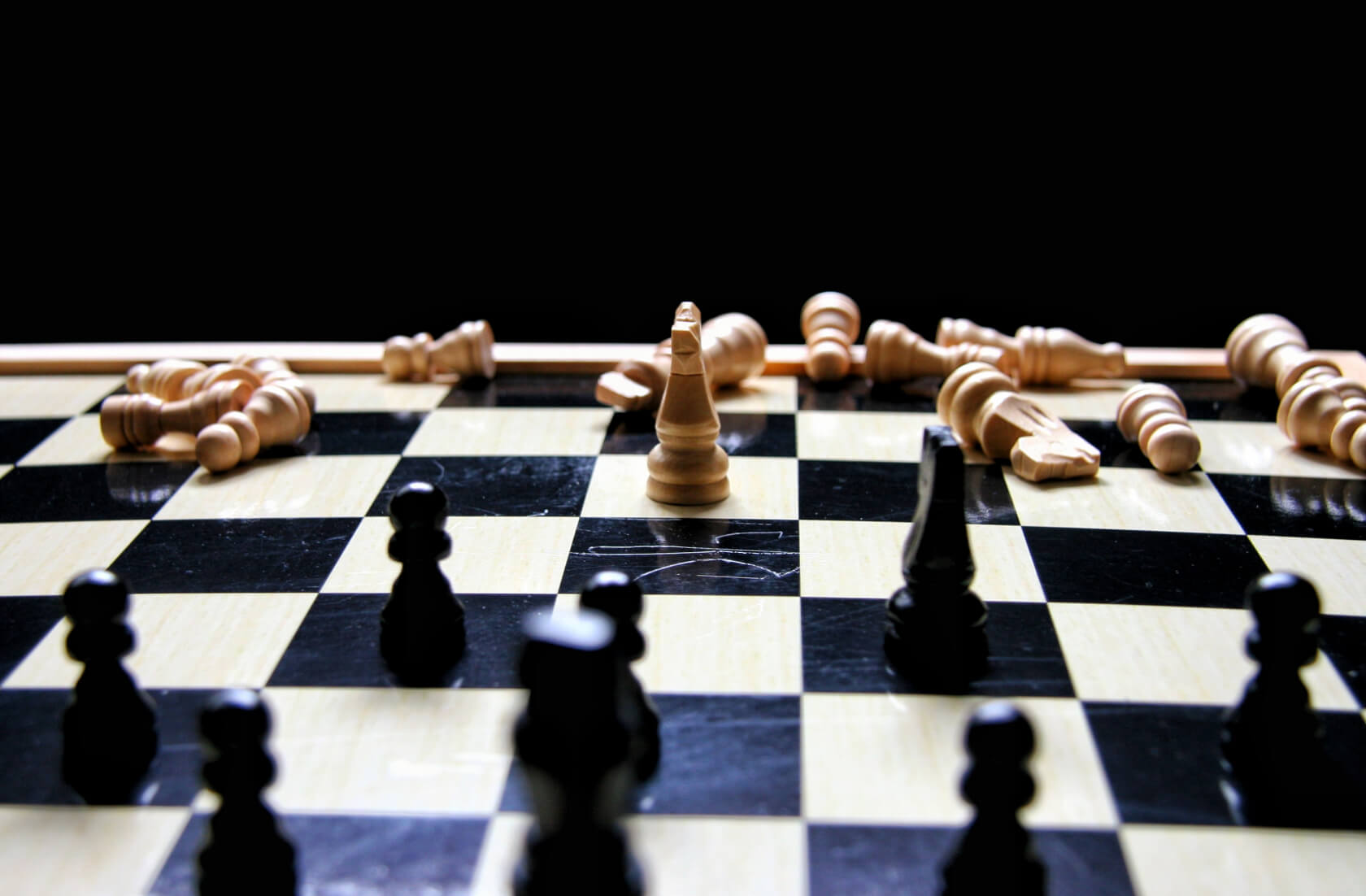
DeepMind, Google's artificial intelligence focused cousin, has a history of creating computer systems that can defeat world champions at their own game. Back in 2016, they built an AI that beat a Go world champion. Since then, they have set their sights on chess and this week they pulled off another remarkable feat. Their game-playing AI known as AlphaZero has taught itself chess from scratch in just a few hours and then went on to beat the world's previous best chess-playing computer program.
Unlike most computer problems, games like Go and chess don't have a clear solution. In chess, each turn can play out in any one of 400 different ways. This means that after just 4 moves apiece, there are nearly 300 billion different possible positions. A standard game has roughly 40 moves which makes the number of possible outcomes greater than the number of electrons in the observable universe.
Clearly this approach of analyzing every possible move is not feasible, so that's where the artificial intelligence part comes in. AlphaZero was given only the rules of the game and no further human input. It then used a technique called self-reinforced knowledge to actually learn the details of the game.
In this technique, the system plays itself over and over while learning along the way. They describe this as a "more human-like approach" to learning the game compared to traditional programs that run an algorithm.
After all of this learning, the system was put head to head with Stockfish 8, one of the previous world champion programs. AlphaZero either won or drew all 100 matches played. The system isn't just designed for chess though. The designers also repurposed it to play Go against the original AlphaGo program. AlphaZero won that 60 to 40, too.
https://www.techspot.com/news/72238-deepmind-ai-teaches-itself-chess-scratch-four-hours.html